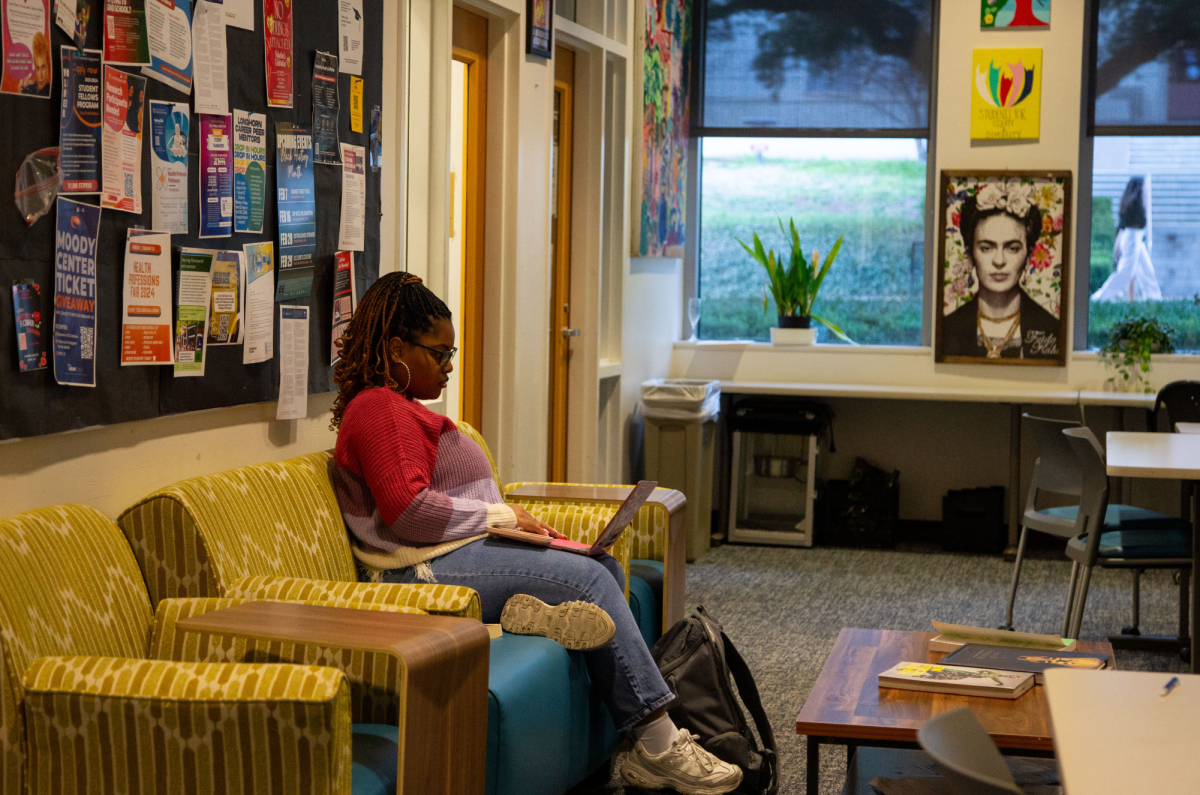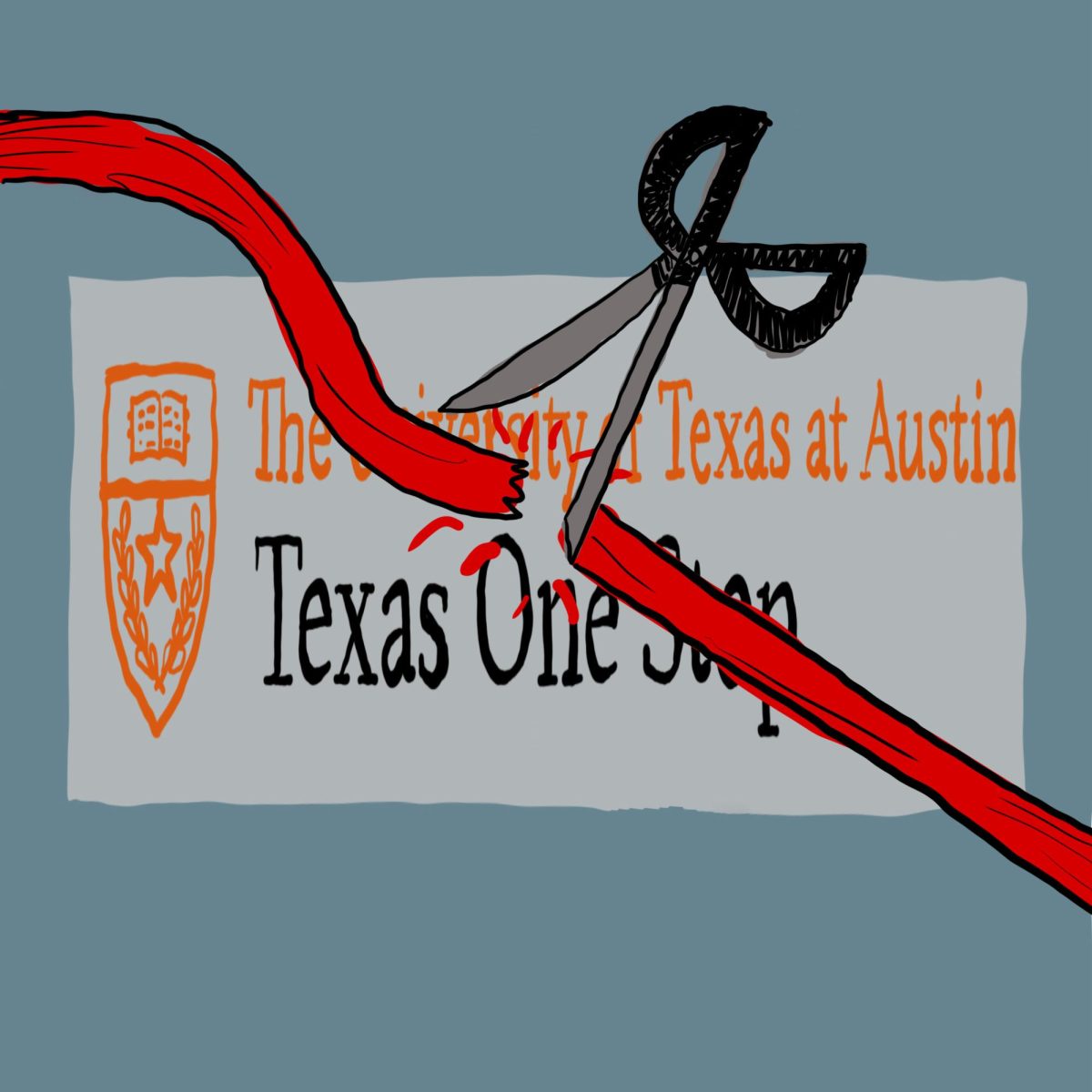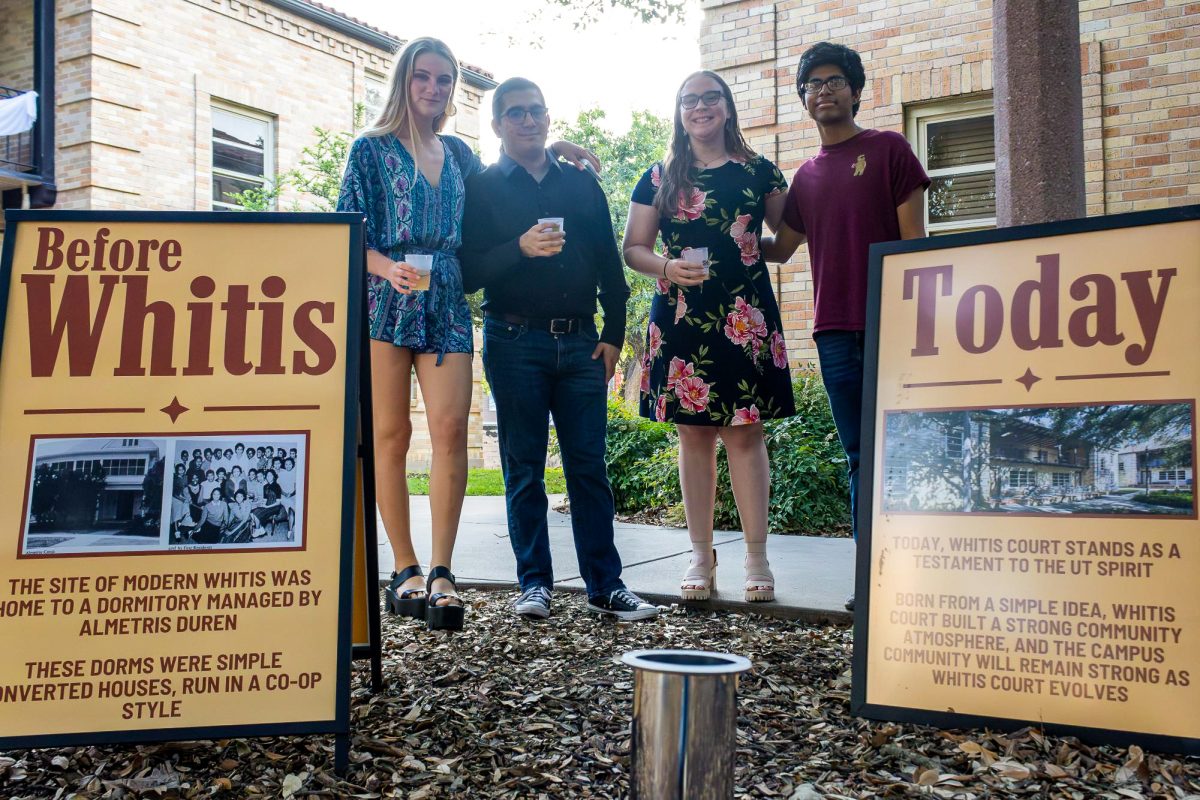A new community guide published last week aims to improve the way survivors are reengaged in their cases after their sexual assault kits have been tested.
“Notification for Victims of Assault,” developed by UT’s Institute on Domestic Violence & Sexual Assault, contains five steps with 13 supporting tools for communities to assess their capabilities in handling sexual assault cases. The guide also features examples of how communities in Houston and Detroit use the guide. The steps focus on how to create a multidisciplinary, trauma-informed approach to reinvolving survivors in their cases, especially when cases are years old.
“What we’ve been able to do is explain … how to integrate the science of the trauma and the science of neurobiology and the institute’s 19 years of experience working with survivors, so police and (community members) have that resource with them so they can even do their jobs better,” said Melanie Susswein, Notification for Victims of Assault researcher and the institute director of marketing and communications. “It offers (tools) from assessing your community … and if you’re ready, all the way to being ready and moving forward and reading a supplemental reading that you might want to do in your community to be better prepared.”
Susswein said the institute researchers decided to undertake the three-year project while conducting their 2016 Houston Sexual Assault Kit Research, which aided Houston police and survivors with testing kits.
“We realized that survivors had a need for communities to have a guide so that they would feel like … reporting was something that they were happy that they did and that they were treated in a way that it was not regretful. Also, so that they remained engaged in the process,” Susswein said. “We wanted to be able to create a tool for communities to use that opened the door rather than shut it.”
The Austin Police Department are the primary handlers of sex crime cases in Austin, working together with the Stop Abuse For Everyone Alliance and hospitals to perform sexual assault forensic exams and sending sexual assault kits to the Texas Department of Public Safety for testing.
While Susswein said IDVSA sent the guide directly to APD, Sgt. Jason LaDuque of the Violent Crimes Area Command said it has not yet been fully processed or adopted by the department since it is so new. APD updated its victim notification system in 2018, and LaDuque said it is currently under review.
“(APD’s notification system) involves multiple working groups that have a vested interest in it, (including) detectives, district attorney (representatives) and APD crisis counselors. They use the best practices as to when we should notify and when we shouldn’t,” LaDuque said. “It’s like a living document. If we find a better way to do things, we’re always willing to explore it, and we’ll see if it’s something that we need to implement here.”
SAFE Alliance, where many survivors get sexual assault forensic exams, supports the use and idea of the guide, particularly in providing a survivor-first approach, said Emma Rogers, SAFE Alliance communications coordinator.
“One thing that the guide did a great job of recommending is when you’re reaching back out, it’s so important for survivors to feel supported during that process and respected in their interactions with law enforcement, because that’ll make them more likely to become engaged and stay engaged in the investigation too,” Rogers said.




















